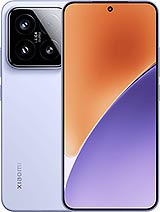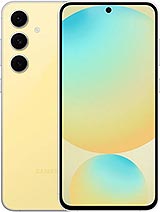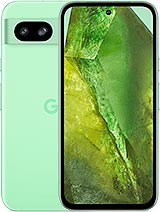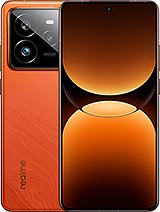Google Pixel 9 alternatives
Tap above to see alternatives.
Motorola Edge 50 Ultra alternatives
Tap above to see alternatives.
Google Pixel 9

Google Pixel 9
-
Tensor G4
4 nm
-
4700 mAh
45W
-
6.3"
1080 x 2424 pixels
-
50 MP
4K@24/30/60fps
Motorola Edge 50 Ultra
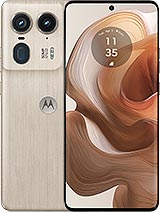
Motorola Edge 50 Ultra
-
Snapdragon 8s Gen 3
4 nm
-
4500 mAh
125W
-
6.7"
1220x2712 pixels
-
50 MP
4K@30/60fps
1x3.1 GHz Cortex-X4
3x2.6 GHz Cortex-A720
4x1.92 GHz Cortex-A520
1x3.0 GHz Cortex-X4
4x2.8 GHz Cortex-A720
3x2.0 GHz Cortex-A520
12GB 256GB (UFS 3.1)
16GB 512GB (UFS 4.0)
16GB 1024GB (UFS 4.0)
f/1.7, 25mm (wide), 1/1.31", 1.2µm, dual pixel PDAF, single-zone Laser AF, OIS
48 MP
f/1.7, 123˚ (ultrawide), 1/2.55", dual pixel PDAF
(f/1.6, (wide), 1/1.3", 1.2µm, multi-directional PDAF, Laser AF, OIS)
64 MP
(f/2.4, 72mm (periscope telephoto), 0.7µm, PDAF, OIS, 3x optical zoom)
50 MP
(f/2.0, 12mm, 122˚ (ultrawide), 0.64µm, AF)
1080p@24/30/60/120/240fps
1080p@30/60/120/240/960fps
f/2.2, 20mm (ultrawide), 1/3.1", 1.22µm, PDAF
(f/1.9, (wide), 0.64µm, AF)
1080p@30/60fps
1080p@30/60/120fps
SIM1: Nano, SIM2: eSIM
SIM1: Nano, SIM2: eSIM
FDD: N1, N2, N3, N5, N7, N8, N12, N14, N20, N25, N26, N28, N30
TDD: N38, N40, N41, N66, N71, N75, N76, N77, N78, N79
FDD: N1, N2, N3, N5, N7, N8, N20, N26, N28
TDD: N38, N40, N41, N66, N71, N75, N77, N78
FDD: N1, N2, N3, N5, N7, N8, N12, N14, N20, N25, N26, N28, N30
TDD: N38, N40, N41, N66, N71, N75, N76, N77, N78, N79
FDD: N1, N2, N3, N5, N7, N8, N20, N28
TDD: N38, N40, N41, N66, N75, N77, N78
In this comparison, the Motorola Edge 50 Ultra with the Qualcomm Snapdragon 8s Gen 3 (4nm) performs better than the Google Pixel 9 with the Google Tensor G4 (4nm), thanks to its more efficient chipset.
The Google Pixel 9 offers 7 years of OS updates, while the Motorola Edge 50 Ultra provides 3 years. When it comes to security updates, Google Pixel 9 leads with 7 years of support.
Both phones feature AMOLED displays. Moreover, Motorola Edge 50 Ultra offers a higher 144 Hz refresh rate for smoother scrolling. Google Pixel 9 also has a brighter display with 2700 nits, improving outdoor visibility. Notably, Motorola Edge 50 Ultra has a higher resolution display, resulting in sharper visuals.
Google Pixel 9 has a larger 4700 mAh battery for longer usage. Motorola Edge 50 Ultra supports faster wired charging at 125W. Motorola Edge 50 Ultra also offers faster wireless charging at 50W.
Both phones have the same IP68 rating for water and dust resistance.




